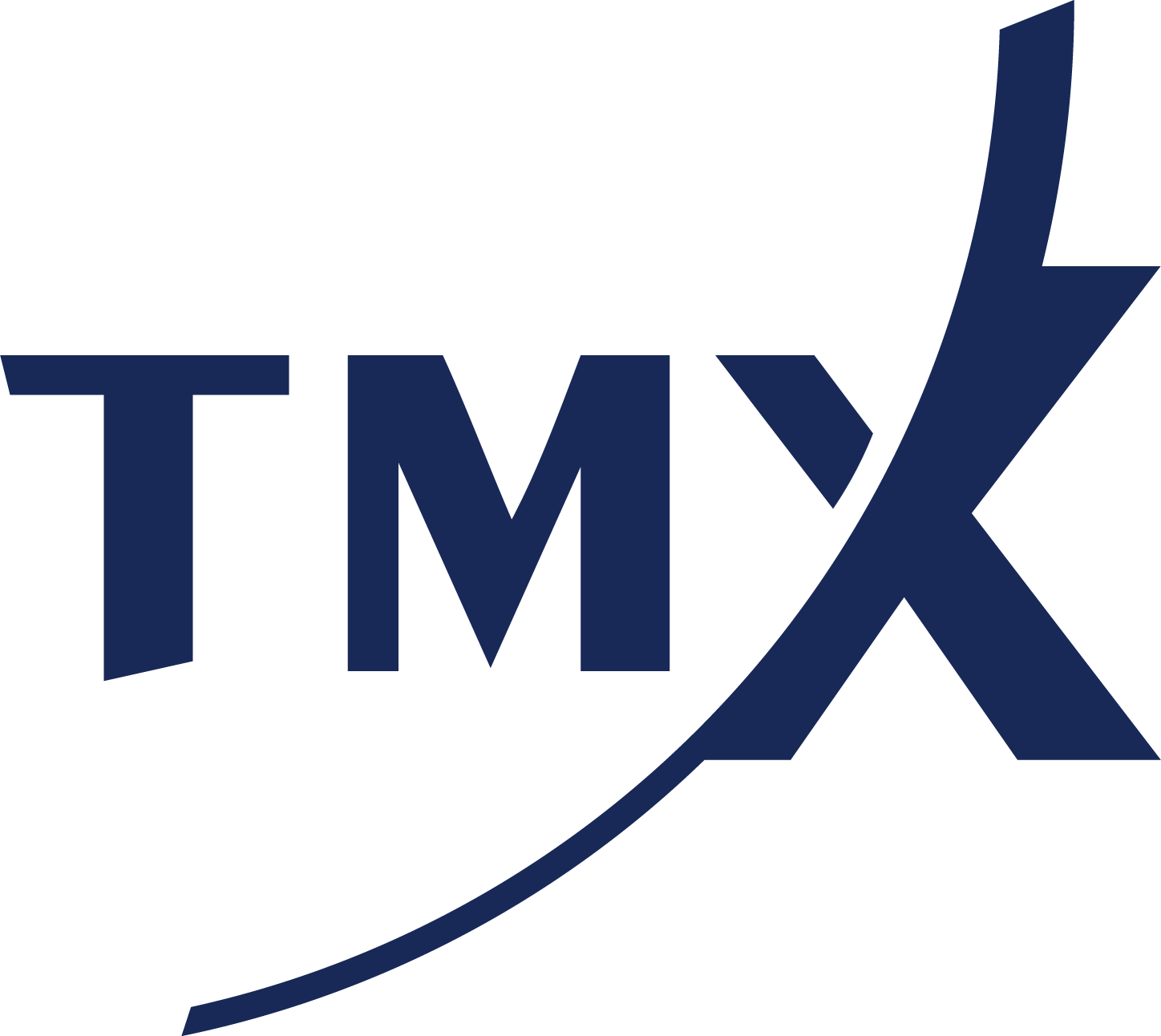7 Biggest Compliance Mistakes Public Companies Make (+ how to avoid)
- Melissa Strle

- Oct 31, 2024
- 6 min read

Navigating compliance mistakes in today’s high-stakes regulatory environment can be critical to avoiding risks that may haunt a company’s reputation.
The Canadian Securities Administrators (CSA) and U.S. Securities and Exchange Commission (SEC) highlight the stakes in their latest enforcement stats: last year, the CSA issued over 1,050 investor alerts, with more than half related to crypto, while the SEC filed 784 enforcement actions and ordered nearly $5 billion in financial remedies, including $930 million returned to harmed investors.
Stay ahead of these compliance pitfalls—discover the seven biggest compliance mistakes companies are making, and how to avoid them to keep your organization safe and trusted.
7 Biggest Compliance Mistakes (+ How to Avoid Them)
Staying compliant is about more than just checking boxes—each of these common mistakes can lead to costly consequences if overlooked. Here’s what you need to know to keep your organization on track.
Financial disclosures are critical for investors, who rely on timely and accurate information to make informed decisions. The penalties for missing these deadlines can be steep.
Other mistakes you may want to avoid are press release mistakes and PR communication mistakes.
1. Missing deadlines for financial disclosures
Missing filing deadlines for financial reports, like annual statements and quarterlies, is a common compliance mistake.
Regulators like the CSA and SEC take these delays seriously. In fact, late filings can lead to cease-trade orders, delisting, and reputational damage.
Research by Eli Bartov of New York University and Yaniv Konchitchki of the University of California, Berkeley, shows that markets consistently penalize companies for late filings.
The stock market reaction tests demonstrate a negative market response to late filing announcements for both quarterly and annual reports.
Bartov and Konchitchki, 2017
Even filings completed within the grace or late period can hurt stock prices, as investors question management’s assurances.
Not surprisingly, accounting problems can signal deeper issues and result in continued poor performance.
How to Avoid:
Set up internal checks and reminders well ahead of regulatory deadlines. Compliance tools or third-party services like SEDAR+ and EDGAR can streamline your submission process and ensure you never miss a filing deadline.
2. Providing inaccurate or incomplete disclosures
Public companies that fail to disclose all relevant information risk facing severe regulatory actions.
The most common way companies provide inaccurate or incomplete disclosures is by failing to disclose material information or by misrepresenting financial data. Some typical examples include:

These practices often violate regulatory requirements, leading to penalties and loss of investor trust.
How to avoid:
Ensure alignment between internal communications, legal, and compliance teams. Carefully review press releases and disclosures before release, and consider consulting third-party advisors to confirm compliance with appropriate regulations.
3. Compliance Mistakes: Failing to stay updated on regulatory changes
The CSA and SEC regularly introduce new rules. So, this makes it critical for companies to keep up with these changes for effective compliance and transparency. Here’s a snapshot of some recent updates:
CANADIAN SECURITIES ADMINISTRATORS (CSA)
New SEDAR+ System — Launched July 2023, SEDAR+ integrates multiple filing systems, simplifying submissions and improving data access.
Investment Fund Total Cost Reporting — Starting January 2026, CSA rules require investment funds to disclose costs in a clearer format, giving investors better insight into total expenses.
Systemic Risk and Disclosure — New transparency rules in high-risk areas (e.g., benchmarks, crypto, OTC derivatives) aimed at improving investor protection.
ESG & Diversity Disclosures — Proposed guidelines for more comprehensive reporting on environmental, social, and board diversity metrics.
Digital and Crypto Oversight — Prioritizing investor safety with crypto regulation and monitoring AI applications within the investment industry.
SECURITIES AND EXCHANGE COMMISSION (SEC)
Accelerated Rulemaking — Under Chair Gary Gensler, the SEC has significantly ramped up rulemaking, with 63 new rules targeted for his four-year tenure—a big leap from previous administrations. By spring 2024, 34 of these rules are in proposed or final stages.
Cybersecurity Rules — New requirements for investment advisors and funds to disclose cybersecurity protocols provide enhanced data protection for investors.
Human Capital, ESG and Board Diversity Disclosures — The SEC requires companies to share insights on workforce, ESG practices, and board diversity to improve transparency in corporate governance.
Expanded Enforcement — The SEC pursued nearly 800 actions in 2023, focusing on crypto, cybersecurity, and ESG. Its whistleblower program awarded a record $600 million to encourage insider cooperation.
How to avoid:
Assign a dedicated team or individual to track regulatory updates. Set up alerts or subscribe to updates directly from the SEC or CSA websites. Partnering with a compliance firm or using compliance technology that tracks updates in real-time can also be a game-changer.
4. Weak internal controls over financial reporting
Did you know that one-third of all fraud cases are linked to weak or nonexistent internal controls?This statistic highlights why your company should have strong controls in place to prevent errors and fraud.
When companies lack robust controls, they risk material misstatements, fraud, and even costly CSA or SEC investigations.
According to the 2020 Report to the Nations by the Association of Certified Fraud Examiners (ACFE), organizations worldwide lose 5% of their revenue each year to fraud, with poor internal controls being a significant contributor.

In Canada, C-SOX regulations (Bill 198 and National Instrument 52-109) require public companies to implement sound financial controls and this helps make CEOs and CFOs personally accountable for the accuracy of financial reports.
Similarly, in the U.S., the Sarbanes-Oxley Act (SOX) introduced in 2002, set standards for U.S. public companies to establish strong financial controls and undergo independent audits. Violations of SOX aren’t taken lightly.

How to avoid:
Conduct regular internal audits and control assessments to ensure your financial reporting meets regulatory standards. Also, invest in compliance software that automates parts of the ICFR process to reduce human error and improve transparency.
5. Miscommunication of material information
When your company faces significant changes—a merger, acquisition, or any major financial shift—timely communication is essential.
Investors and regulators expect transparency, and any delay or oversight can quickly lead to stock volatility and penalties.
According to TSX timely disclosure requirements, material information should be disclosed promptly and accurately to maintain market integrity.
The SEC also emphasizes key disclosure principles:
Timeliness — Information about major developments should be released as soon as possible to ensure investors aren’t left in the dark.
Materiality — Disclose anything that can influence investor decisions. If it’s impactful, it needs to be public.
Equal Treatment — Information should be available to all investors at the same time to prevent selective disclosure and protect market fairness.
Proactive disclosure helps safeguard against compliance issues and keeps stakeholders informed and aligned.
How to avoid:
Ensure your investor relations, compliance, and legal teams collaborate closely. Set up a clear chain of command for disseminating material information to avoid any gaps or delays.
6. Over-reliance on manual compliance processes
In today’s fast-paced regulatory landscape, manual compliance processes can slow you down and increase risk. Tracking regulations, managing data, and preparing for audits manually often lead to costly errors and missed deadlines.
On the other hand, automated compliance tools not only improve your team's efficiency but also help safeguard against these pitfalls.
How to avoid:
Automating parts of your compliance process helps you stay focused on high-impact work without sacrificing accuracy. Newsfile’s services make compliance easier with automated filing, regulatory updates, and audit readiness.
Automated Filing — Send filings directly to EDGAR and SEDAR+, reducing errors and ensuring you meet every deadline.
Regulatory Tracking and Updates — Automated tracking aligns your filings with the latest CSA and SEC standards, so you're always compliant without manual checks.
Audit Readiness — Organize records digitally for a clear audit trail, simplifying audit prep and keeping essential data easily accessible.
7. Poor record-keeping practices
As reported in 2024, the SEC imposed over $390 million in record-keeping failure penalties, to over 20 firms. This means that good record-keeping is more than just keeping your books tidy; it’s a regulatory requirement. The SEC’s Rule 204-2 and CSA’s National Instrument 52-109 both mandate that public companies maintain thorough records of financial activities and communications to ensure reliable financial reporting.
Specifically, NI 52-109 helps your company maintain effective record-keeping by requiring detailed records of asset transactions, proper authorization, and controls to prevent unauthorized asset use.
How to avoid:
Implement a standardized process for record retention, ensuring that key data is stored securely and remains accessible for audits. Make use of cloud-based storage solutions and automated compliance tools that offer a clear audit trail.
Compliance doesn’t have to be overwhelming. By focusing on timely disclosures, accurate reporting, staying current on regulatory updates, and strengthening your internal controls, you can protect your company from costly compliance mistakes and maintain investor trust.
Avoiding these seven common compliance pitfalls helps you build a solid reputation and keeps your organization on track in a fast-changing regulatory environment.
If you’re ready to simplify compliance, consider Newsfile’s EDGAR and SEDAR+ filing services to help you meet every deadline with ease. Learn more about how we can help here.





